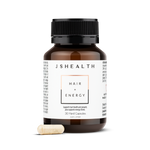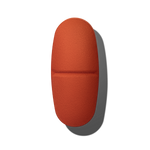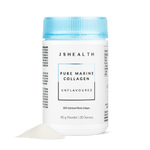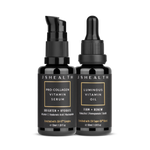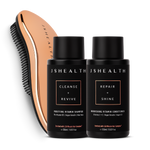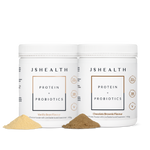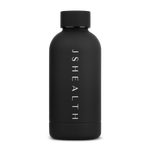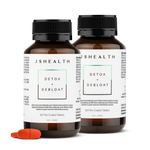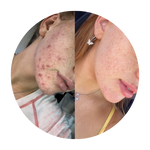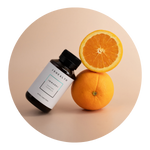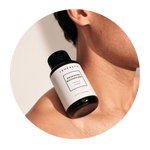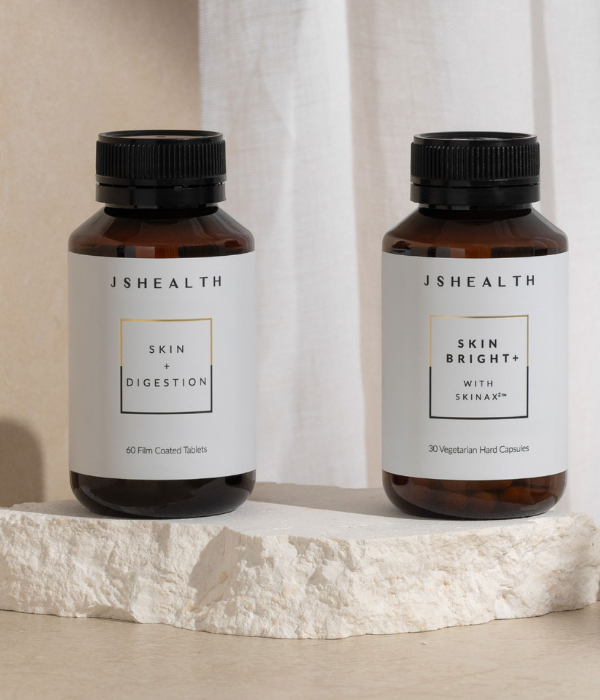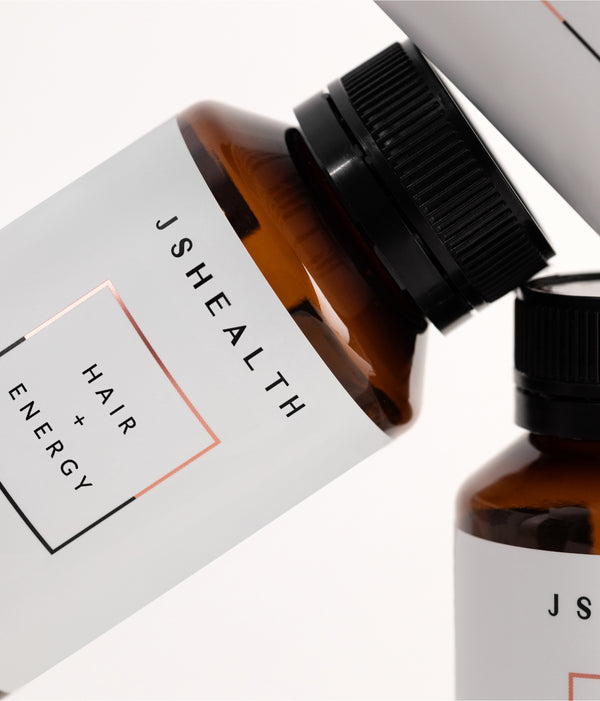What is Berberine, why should you add it to your supplement routine?
Recently dubbed ‘Nature’s Ozempic’ - Berberine is a yellow-tinged supplement, taking the wellness world by storm. It’s a bioactive compound that can be extracted from several plants, including a group of shrubs called Berberis (1).
It’s been shown to provide comprehensive support for metabolic health, weight management, healthy blood sugar, and overall metabolic wellbeing.
What is Berberine?
Put simply, Berberine switches cells from ‘off’ to ‘on’, so they use glucose more efficiently.
It has a long history of use in Traditional Chinese Medicine, thanks to the powerful antimicrobial properties. This means, it may help to clear out detrimental bacteria in the gut and help improve the overall composition of your microbiome(2). Hello - good gut health!
Berberine has also been shown to effectively lower cholesterol and may reduce your risk of heart disease.
A meta-analysis of multiple studies showed it could help (3):
- Decrease total cholesterol
- Decrease LDL (bad) cholesterol
- Decrease blood triglycerides
- Increase HDL (good) cholesterol
How does it function in the body?
More technically speaking, one of the main actions of berberine is to activate an enzyme inside cells called AMP-activated protein kinase (AMPK).
AMPK plays a key role in regulating metabolism and energy levels and is found in cells throughout your body (4).
A range of studies has demonstrated the way in which Berberine affects molecules inside cells and may even affect which genes are turned on or off. This powerhouse plant could help protect against many chronic health conditions!
Where do I find Berberine?
Berberine is found in several botanical sources, including Goldenseal (Hydrastis canadensis), Oregon grape (Mahonia aquifolium), and Chinese goldthread (Coptis chinensis). Due to its potency and therapeutic benefits, berberine is commonly extracted and utilised in supplement form.
References:
- Neag, M.A et al. (2018), Berberine: Botanical Occurrence, Traditional Uses, Extraction Methods, and Relevance in Cardiovascular, Metabolic, Hepatic, and Renal Disorders, Frontiers in Pharmacology, 9, 557. PubMed
- Jeon S. M. (2016). Regulation and function of AMPK in physiology and diseases. Experimental & Molecular Medicine, 48(7). PubMed
- Ju, J. et al. (2018). Efficacy and safety of berberine for dyslipidaemias: A systematic review and meta-analysis of randomized clinical trials. Phytomedicine : international journal of phytotherapy and phytopharmacology, 50, pp.25–34. PubMed
- Jin, Y. et al. (2017). Berberine enhances the AMPK activation and autophagy and mitigates high glucose-induced apoptosis of mouse podocytes. European journal of pharmacology, 794, 106–114. PubMed
